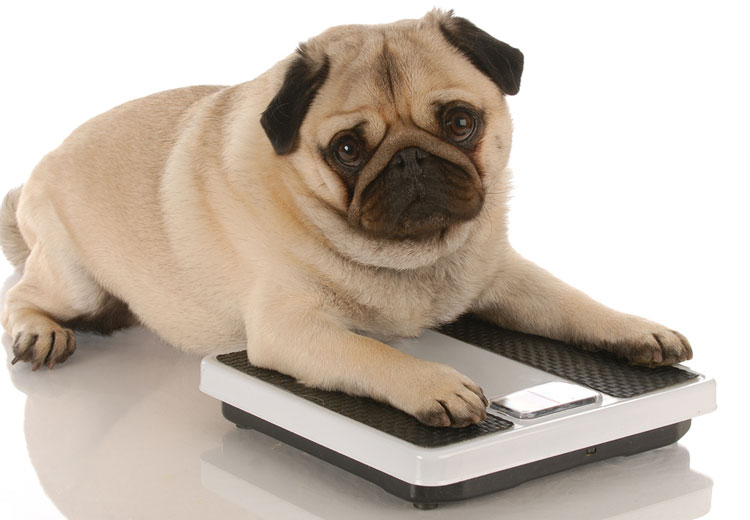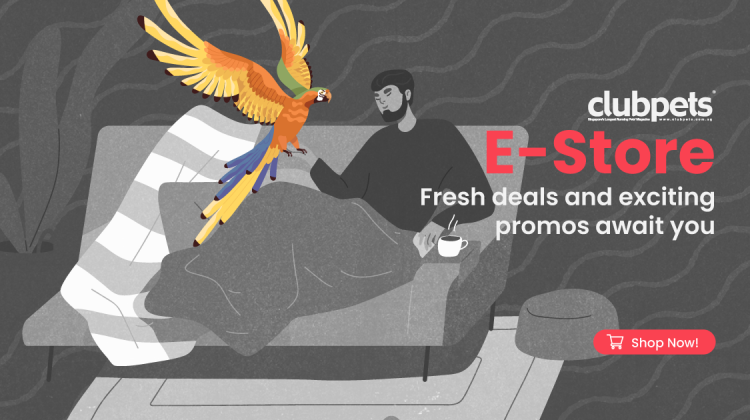Obesity in pets is a growing concern among pet owners everywhere. Here we will look at overweight issues in cats and dogs as well as preventive and corrective measures we can take to help our pets.
How does it happen?
Many owners over-indulge their pets with treats, not knowing where to draw the line. When dealing with the issue of how much to feed pets, owners must judge their pet individually, looking at factors such as lifestyle and activity level, tweaking the food intake as required.
Lack of exercise and activity also contribute to this problem. As animals grow older, their metabolic rate slows down, producing fewer results for the same amount of exercise they did when they were younger. Owners should encourage their pets by bringing them on walks or engaging them with physical activities (the level of activity of course consistent with the kind of breed and age of the animal).
Although neutering or spaying dogs and cats does not directly cause them to become obese, such animals do have a higher susceptibility to obesity as sterilisation removes a food inhibitory hormone (a hormone that prevents them from overeating) from their system. As such, owners of such pets should take extra care in monitoring their pet’s food intake.
At first glance
A common mistake many owners make when judging whether their pet is overweight is by weighing them. Although weight (based on what is typical of that breed) can be an indicator, a visual check of the pet’s body would be a more reliable measurement. If your dog or cat has a sagging stomach, no waist, and you are unable to feel its ribs easily; it might very possibly be overweight. From a side or aerial view, a dog or cat of a healthy weight should have a streamlined body shape.
Veterinarians use a body condition score (known as BCS) to determine if the animal is of an ideal weight. A trip to the vet can help confirm the condition of your pet and he/she can help you come up with a plan to combat this disease.
The fight!
When combating obesity, dogs and cats have to be dealt with differently due to different metabolic systems.
If your pet has been diagnosed as obese by the vet, you can take several steps to correct this. Research has shown that dogs (as well as cats) do not need to eat everyday, missing a meal for a day will not harm your pet.
A useful strategy is to reduce your pet’s daily food intake by one-third. The quality of the food given is just as important as the quantity. The pet food should be well balanced and complete, it should also have some level of vitamins and minerals to complement the diet. If the strategy yields results, continue with the quantity given, if not, reduce the quantity by one-third again. Crash diets are strictly not encouraged!
Cats do not carry Amylase (an enzyme that breaks down carbohydrates) in their saliva. In comparison to other mammals, cats have less of an easy time handling carbohydrates in their diet. Protein is an important nutrient in the diets of cats. Overweight cats should be fed healthy, protein-based foods such as chicken or fish.
Owners must take charge of their pet’s diets and not be manipulated by their charming and persistent ways. Many pet owners fall prey to ‘pet-begging’ and feed them something extra out of sympathy. This reinforces bad behaviour and does not help to improve the weight condition of the pets.










